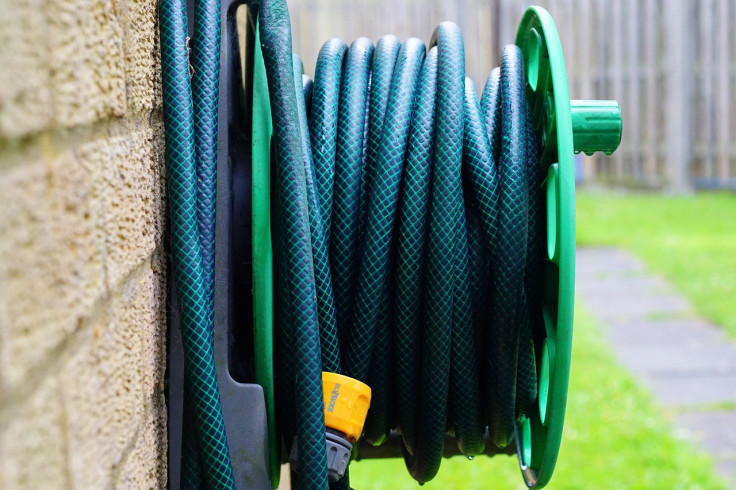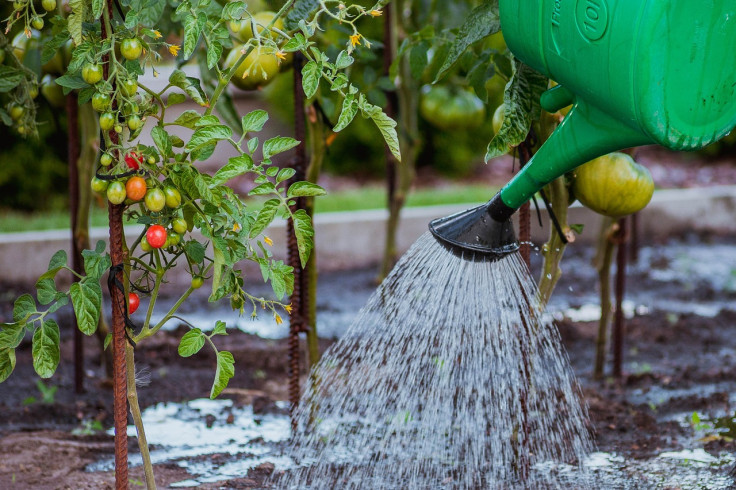Why Are Hosepipes Being Banned Across Britain And What Happens If You Break the Rules?
Offenders can face a fine of up to £1,000 if prosecuted in a magistrates' court.

Britain is experiencing its hottest, driest spring in over a century, and now millions can't use their garden hoses as water companies are cracking down hard to conserve what remains in the reservoirs.
Across southern England, from Yorkshire down to Hampshire, they're rolling out what they officially call 'Temporary Use Bans'—basically, you can't use your hosepipe for anything that's not essential—no watering the garden, no washing the car, no filling up the kids' paddling pool.
These restrictions stem from a spring that has been one of the driest since the late 1800s, with reservoir levels dipping to their lowest in a decade, at around 76–77% of capacity.
Millions Affected: The Scale of the Ban
More than seven million households now face restrictions. Yorkshire Water initiated the first ban on 11 July, affecting approximately 5.5 million users.
South East Water followed on 18 July, spanning Kent and Sussex, and Thames Water will impose bans in parts of the Thames Valley and the Cotswolds from 22 July, affecting approximately 1.1 million customers.
Southern Water also announced bans in Hampshire and the Isle of Wight, effective from 21 July, covering nearly one million homes.
Why the Emergency Measures?
The Environment Agency has officially declared drought in multiple regions, including Lancashire, Yorkshire, the Midlands and the South.
The drought framework comprises four escalating stages: public awareness, temporary bans, non-essential use restrictions, and, if necessary, full-scale rationing.
Hosepipe bans are the second stage, essential for reducing water demand by approximately 3–5%, which helps reservoirs replenish and prevents ecological damage to rivers and wildlife habitats.
What You Can—and Can't—Do

Under the ban, households must not use hosepipes or sprinklers on gardens, patios, driveways, cars, windows, pools, or decorative fountains connected to the mains water supply.
Allowed exemptions include using a watering can, employing greywater or rainwater, and essential use in public health or commercial contexts, such as cleaning equipment by public services or for health reasons.
Priority Services customers with medical needs may also be eligible for exemptions.
Penalties for Breaching the Ban
Using a hosepipe in violation of the ban is a criminal offence under the Water Industry Act 1991. Offenders can face a fine of up to £1,000 if prosecuted in a magistrates' court.
In most cases, water companies issue a warning, but persistent or serious breaches may result in direct legal action.
Enforcement varies by region, but all bans are legally enforceable and aim to protect essential water supplies during periods of drought.
Public Response and Criticism
The bans have prompted mixed reactions. While many accept that conservation is vital, critics argue homeowners are being penalised for failures in water infrastructure, particularly leaks and supply resilience.
They note that hosepipe bans can disproportionately impact those without rainwater harvesting systems or boreholes. Others point to the inefficiencies of data‑centre water use that lack equivalent scrutiny.
What Happens Next?
Companies may expand bans or tighten rules to include activities like pressure-washing buildings or professional landscaping.
If dry conditions continue, water companies may escalate restrictions beyond hosepipe bans, potentially introducing limits on non-essential water use. While emergency measures like standpipes, last seen during the 1976 drought, remain a distant possibility, they form part of contingency plans in extreme scenarios.
Officials emphasise that public cooperation is key. Each household's restraint helps ecological recovery and ensures that critical services, such as firefighting and hospital supplies, remain unaffected.
© Copyright IBTimes 2025. All rights reserved.



















